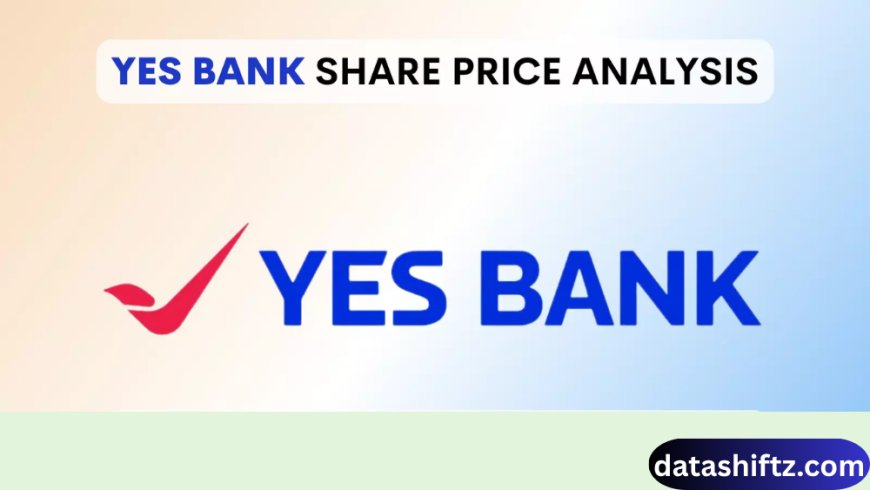YES Bank Share Price: A Comprehensive Analysis

Introduction
YES Bank Ltd., one of India's prominent private-sector banks, has experienced a dynamic journey in the stock market. As of October 3, 2025, the bank's share price stands at ₹21.78, reflecting a 0.14% decline from the previous close. This article delves into the factors influencing YES Bank's stock performance, recent developments, and expert analyses to provide investors with a comprehensive understanding.
Current Stock Overview
Key Stock Metrics
| Metric | Value |
|---|---|
| Market Capitalization | ₹68,548.5 Cr |
| P/E Ratio (TTM) | 25.01 |
| Dividend Yield | Not Applicable |
| 52-Week High | ₹23.40 |
| 52-Week Low | ₹16.02 |
| Face Value | ₹2.00 |
Factors Influencing Share Price
1. Ownership Structure
Since July 2020, State Bank of India (SBI) has been the largest shareholder of YES Bank, holding a 30% stake. This strategic partnership has provided stability and confidence to investors, influencing the bank's stock performance.
2. Financial Performance
In the fiscal year 2024-25, YES Bank reported a significant increase in its net profit, driven by improved asset quality and operational efficiencies. The bank's return on equity (ROE) stands at 5.73%, indicating a moderate level of profitability.
3. Analyst Ratings
Analysts have a mixed outlook on YES Bank's stock. While some maintain a 'Buy' rating, others have downgraded the stock due to concerns over valuation and market conditions. The consensus price target is ₹18.50, suggesting a potential downside from the current price.
Investment Considerations
Pros
-
Strategic Partnership with SBI: The significant stake held by SBI provides financial stability and strategic support.
-
Improved Asset Quality: Recent efforts to clean up the balance sheet have led to a reduction in non-performing assets (NPAs).
Cons
-
Valuation Concerns: The current P/E ratio of 25.01 is higher than the sector average, indicating potential overvaluation.
-
Market Volatility: Fluctuations in market conditions can impact the bank's stock performance.
Conclusion
YES Bank's share price reflects a combination of strategic partnerships, financial performance, and market dynamics. While the bank has made significant strides in improving its financial health, potential investors should consider the valuation metrics and market conditions before making investment decisions.




























